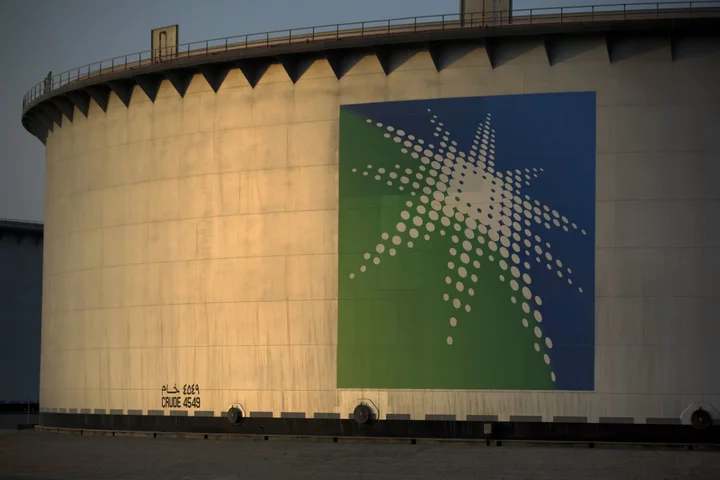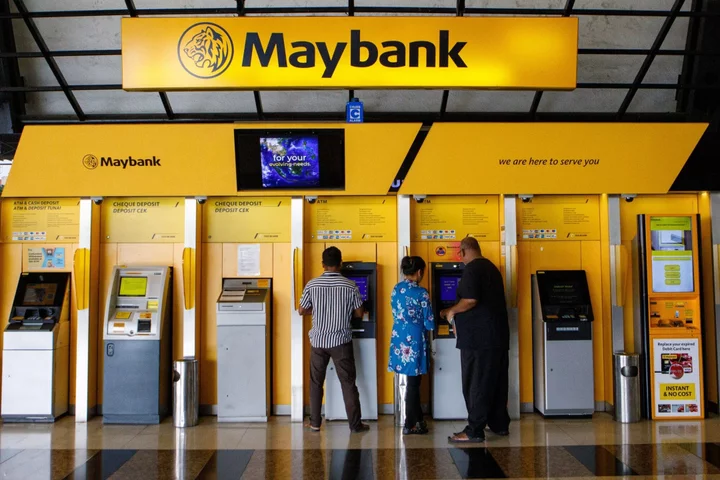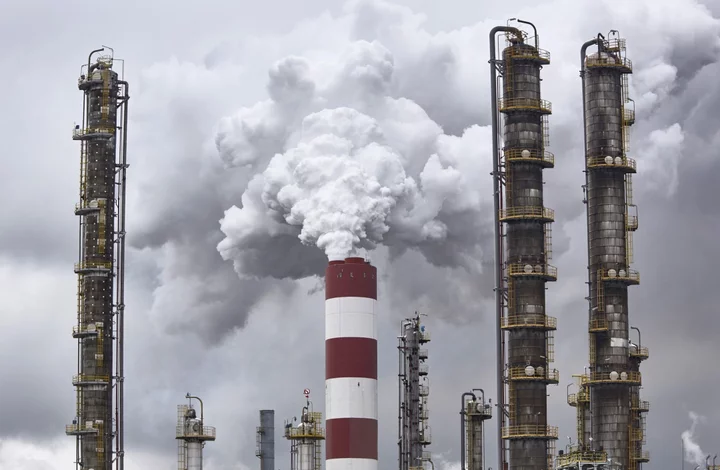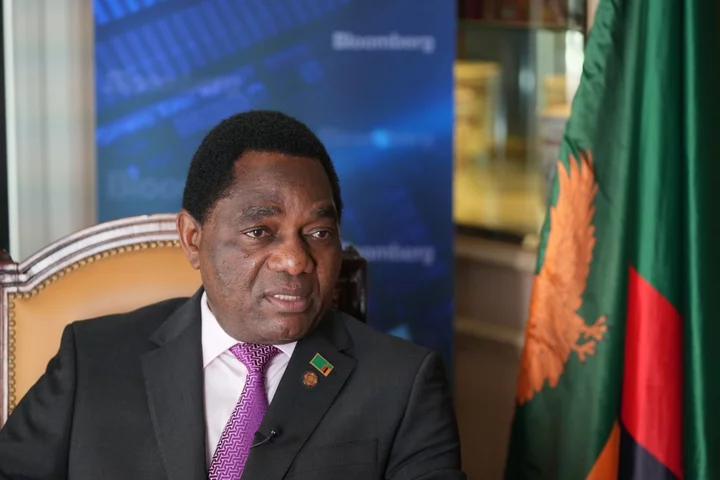Aramco maintained its dividend to the Saudi government despite a drop in production and weaker oil prices as the kingdom tackles a widening budget deficit.
The total payout of $29.4 billion to the state and other investors, including a special component, held at the previous quarter’s level even as lower output helped push net income 23% down year-on-year to $32.6 billion in the third quarter.
The world’s biggest crude oil exporter provides much of the Saudi government’s income via generous dividends. The distribution is becoming ever more vital as Crown Prince Mohammed bin Salman pursues expensive projects such as the futuristic city Neom, the purchase of high-profile footballers and stakes in sporting leagues, while looking to diversify the economy from oil.
But for now, oil remains key for Saudi finances. The market has shrugged off concerns that Israel’s war on Hamas will spill over to the wider region and threaten global supplies. Brent crude is back to about where it was before Hamas’s Oct. 7 attack on Israel. That’s keeping the Saudis and their OPEC+ partner Russia intent on maintaining their unilateral output cuts for now.
Read More: Saudi, Russia Stick to Planned Oil Cuts Amid Mideast Tension
They may be forced to prolong those curbs into next year amid signs that the physical oil market is weakening. Demand for fuels such as diesel is softening in Europe in a sign of lackluster economic growth.
A global recovery in oil demand is “on track” and growth in China and India should continue into the fourth quarter, Chief Financial Officer Ziad Al-Murshed said on a conference call. Aramco is confident on the outlook for mid- and long-term oil demand growth, he said. The company is progressing “very well” in its efforts to boost crude production capacity by 1 million barrels a day, to 13 million by 2027, to help meet that demand, he said.
Meanwhile, the company narrowed the expected range for capital expenditure to between $48 billion to $52 billion for the full year, Al-Murshed said. That’s down from a prior target of $45 billion to $55 billion for the year.
Aramco’s profit from its upstream business, which includes oil and gas output, dropped 23% to $60.6 billion. Saudi Arabia is keeping production at near 9 million barrels a day, about 1 million below the average of the past decade. The Organization of Petroleum Exporting Countries and allied producers are scheduled to meet later this month to review their supply policy.
Aramco partially compensated for the drop in upstream earnings with better third-quarter refining margins, which pushed the unit to a $5.3 billion profit from a loss in the same quarter a year ago.
The dividend for the quarter, a combination of a base payout and a component linked to free cash flow, draws on last year’s bumper profits when oil averaged nearly $100 a barrel. Other international oil majors have also prioritized shareholder returns, with Shell Plc increasing its stock buyback program.
How Giant Saudi Fund Is Building a Post-Oil Future: QuickTake
(Updates with CFO comments from sixth paragraph.)









